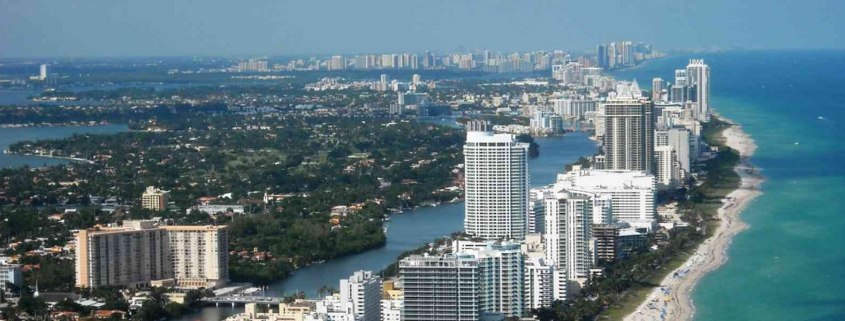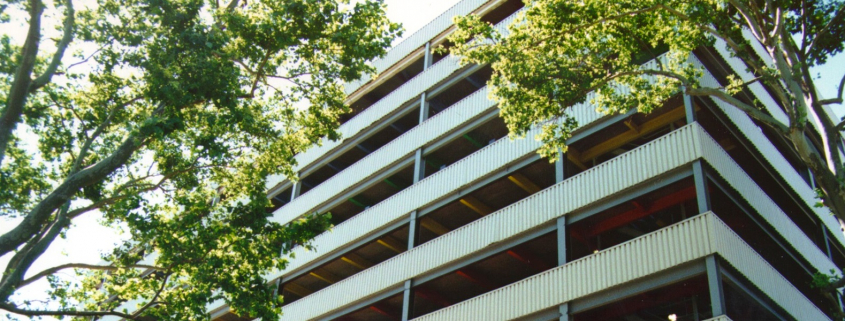It’s up to developers and city officials to protect projects in Miami Beach from the threat of global sea level rise, architect Reinaldo Borges warned an audience gathered inside a conference room at the W South Beach on Thursday.
“Developers need to change their perspective,” Borges said. “They go in with a short-term investment mentality. That mindset has to change.”
Borges, a principal of Borges & Associates Architects, lamented that hotel projects his firm worked on like the Royal Palm Miami Beach and the Bentley Beach Hotel will be negatively impacted by sea level rise. Before new projects break ground, Borges suggested city officials find ways to provide developers with incentives if they build structures at a higher elevation.
The Miami-based architect was part of a panel of business community leaders at the Miami Beach Community Resiliency Summit Friday morning. Other speakers such as Wendy Kallergis, president and CEO of the Greater Miami and the Beaches Hotel Association, and Gabriole Van Bryce, a member of the association’s sustainable hospitality council, talked about successful efforts to convince builders and owners to make their properties greener.
“We have really helped hotels reduce the impact of climate change by reducing greenhouse gas emissions,” Van Bryce said. “We want to further reduce the effects of greenhouse emissions by promoting a cool roof initiative to place local gardens on rooftops.”
Al Roker, host and weatherman for NBC’s “Today Show,” kicked off the summit by providing attendees with a few cold hard facts about climate change. “In the next 50 years, Miami’s high tide will be five feet higher,” Roker said. “At the city’s 100th anniversary concert last night, I told the crowd, ‘I hope you’re enjoying this now because where you are standing now will be underwater one day.’” The popular morning show personality also said the mainstream media made a mistake by coining the term “global warming,” instead of using “climate change.”
Following his presentation, Roker told The Real Deal that developers, city officials, and residents have to work together to address the real threat of climate change. “Everybody should be concerned,” Roker said. “Are buildings ready? Is the infrastructure ready? Those are all real concerns condo owners, private property owners, businesses and everybody should be concerned about.”
Source: The Real Deal





